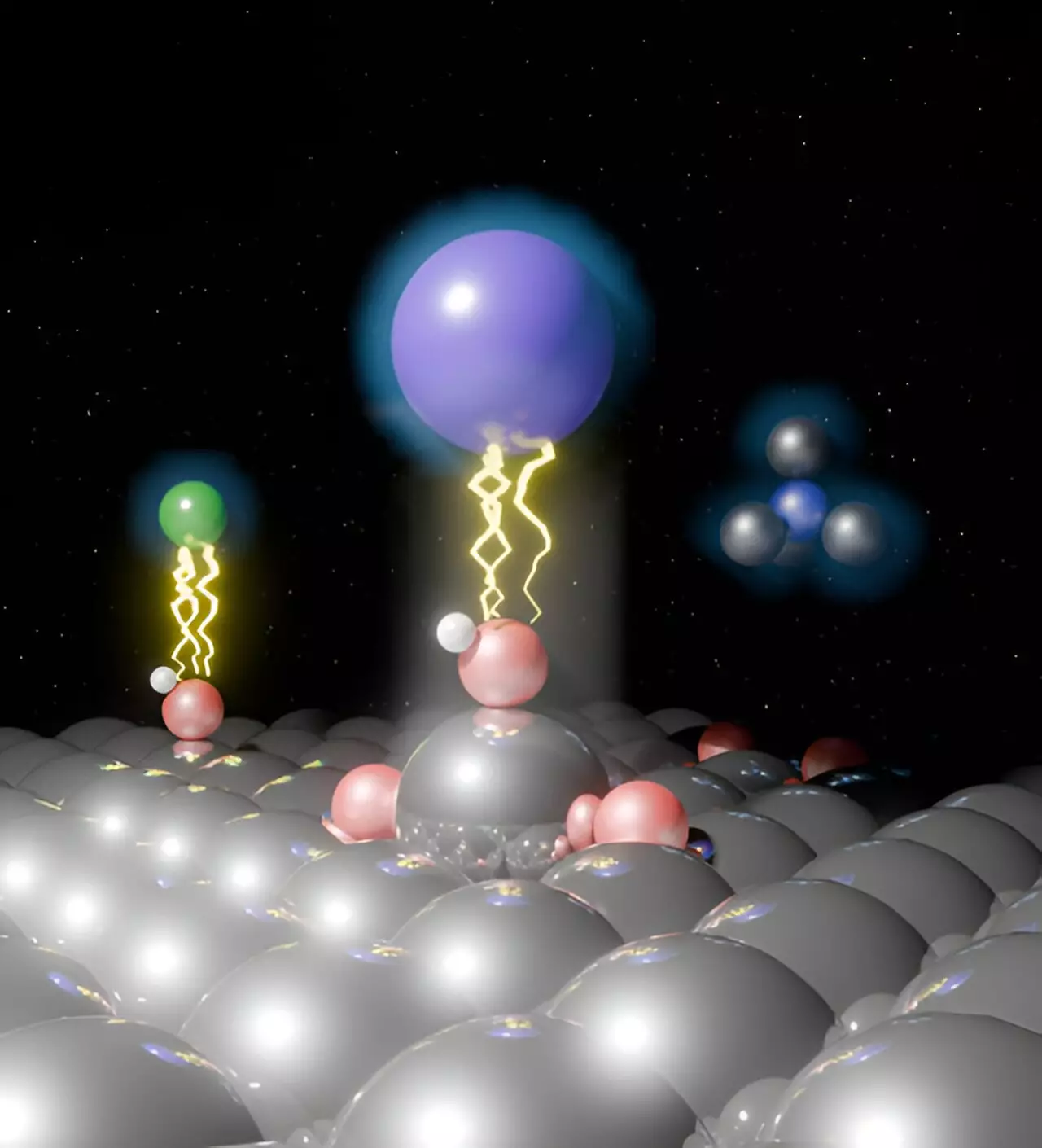Platinum (Pt) electrodes play a crucial role in clean power technologies such as hydrogen fuel cells and electrolysis. These technologies are essential for the pursuit of carbon neutrality and the development of clean energy sources. However, surface oxidation on Pt electrodes can degrade catalyst performance and stability, making it vital to understand the mechanisms of surface oxidation in different media.
Research Findings
A recent study published in the Journal of the American Chemical Society delved into the mechanisms of surface oxidation on Pt surfaces in alkaline media, an area that had not been extensively explored before. The research team, led by Professor Masashi Nakamura from Chiba University, Japan, used advanced techniques such as X-ray crystal truncation rod (CTR) scattering and surface-enhanced Raman spectroscopy to investigate oxide formation on Pt surfaces in alkaline aqueous solutions containing different cations.
The study revealed that the formation of oxide species on Pt surfaces is influenced by the type of cations present in the solution. Hydrophilic cations like Lithium (Li+) were found to stabilize certain oxide species, preventing harmful oxide formation. On the other hand, moderate hydrophilicity of cations like Potassium (K+) had no protective effect. Interestingly, bulky hydrophobic cations such as Tetramethylammonium (TMA+) also reduced irreversible oxidation, similar to Li+.
Understanding the role of cations in oxide formation on Pt surfaces is crucial for developing high-performance and stable Pt electrocatalysts for use in next-generation electrochemical devices. By controlling the selection of cations, it may be possible to enhance the durability and efficiency of Pt electrodes in hydrogen fuel cells and electrolyzers. These findings pave the way for a carbon-neutral society powered by clean and renewable energy sources like hydrogen.
The study sheds light on the complex mechanisms of surface oxidation on Pt electrodes in alkaline media. By gaining a deeper understanding of these processes, researchers can develop innovative catalysts that are essential for achieving a zero-carbon future. The insights gained from this research are instrumental in moving towards a sustainable and environmentally-friendly energy landscape.


Leave a Reply